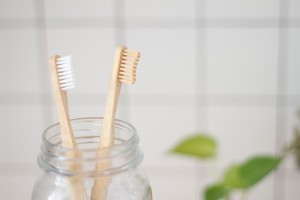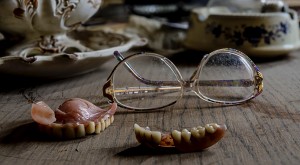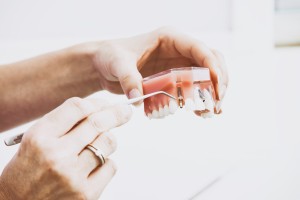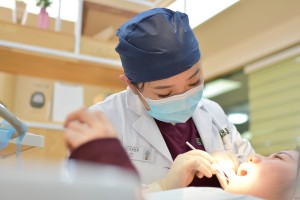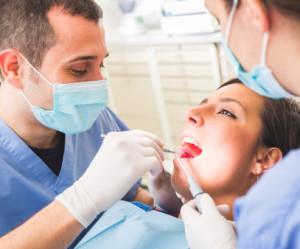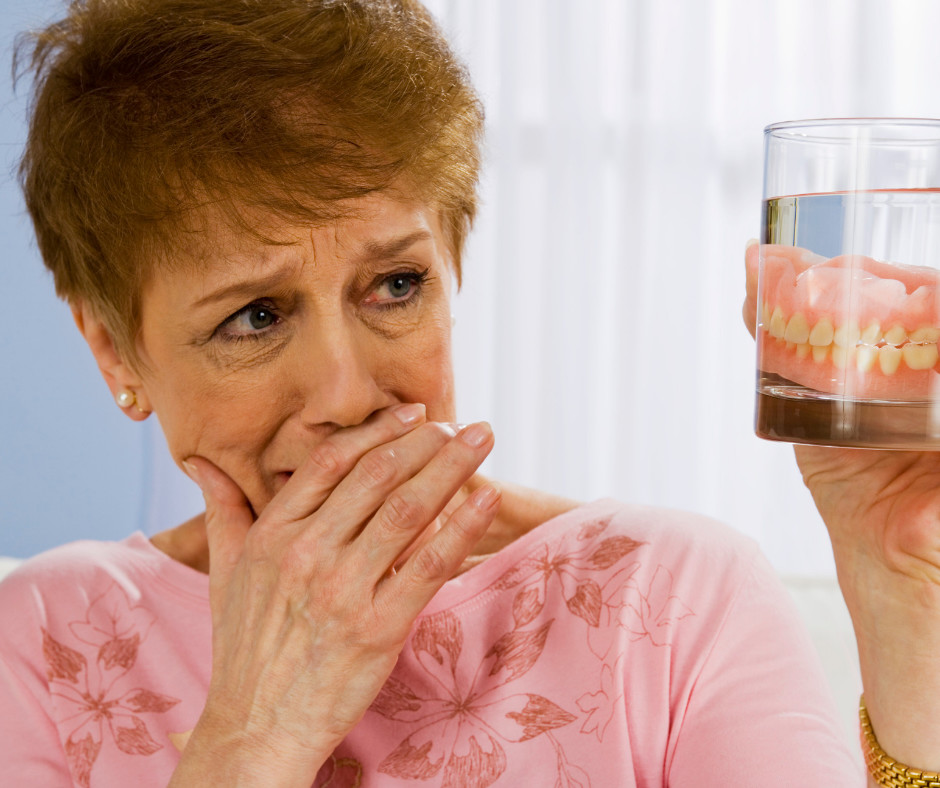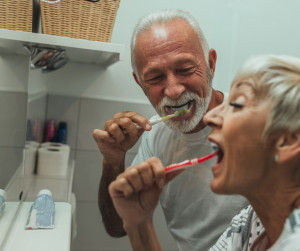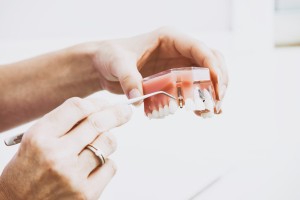When operating, dental healthcare personnel risk exposure to a wide range of contaminants including blood, saliva, and other potentially infectious materials… This simple fact makes it vitally important to take protective steps.
This is where personal protective equipment (PPE) comes into play. PPE provides a potent safeguard against the dangers of infection in the dental space.
How PPE Works
 Protective barriers reduce the exposure of mucous membranes of the eyes, nose, mouth, hands, and body of oral healthcare workers to microorganisms and prevent injury due to chemicals and particles of debris.
Protective barriers reduce the exposure of mucous membranes of the eyes, nose, mouth, hands, and body of oral healthcare workers to microorganisms and prevent injury due to chemicals and particles of debris.
A Few Ways PPE is Used
- PPE is used during client care, laboratory, disinfection, and sterilization procedures.
- PPE includes gloves, masks, protective eyewear, and clothing.
Gloves:
The use of gloves provides a high level of protection for both practitioners and patients. It prevents direct contact from microorganisms in the patient’s mouth and on contaminated surfaces (bare hands often will have areas of non-intact skin providing portals of entry for pathogenic microorganisms). Gloves also can prevent saliva and blood from being retained under the fingernails, which have been shown to persist for several days even with hand washing.
Gloves protect dental providers against contact with disinfecting and cleaning chemicals.
Different types of gloves are suitable for varying clinical situations and should be selected accordingly. To protect patients and staff, the CDC also stipulates that a new pair of gloves be worn for each patient and that dental health-care personnel wash their hands immediately after removal.
Types of gloves:
 1. Non-sterile ambidextrous gloves are adequate for most procedures.
1. Non-sterile ambidextrous gloves are adequate for most procedures.
2. Sterile gloves are recommended for surgical procedures.
3. Use puncture and chemical-resistant utility gloves to prepare chemicals, handle contaminated instruments, and clean and disinfect surfaces.
4. Over gloves are worn over treatment gloves to prevent cross-contamination of items and surfaces such as charts and phones.
5. Heat-resistant gloves are worn when handling hot items.
At Classic Denture Center, we use latex-free gloves during patient care to prevent latex allergy reactions.
Masks
Masks prevent the inhalation of potentially harmful air born microorganisms while performing dental treatment. Wearing masks help to protect the mucous membranes of the nose and mouth and prevent dental providers from aspirating harmful airborne pathogens. Masks provide some protection to the patient from nasal/oral secretion of dental staff. The CDC suggests that masks be changed between patients and if the mask becomes wet.
Protective Eyewear
Protective eyewear protect mucous membranes of the eye from microbial invasion, chemicals, and physical projectiles.
Clothing Covering
Protective clothing like gowns and lab coats protect the skin and keep it safe from blood, saliva, and other potentially infectious materials. The CDC advises that gowns be changed if visibly soiled and removed before leaving the work area. By combining PPE with comprehensive workplace education on infection prevention, we can ensure the health and safety of our team and our patients.
With the current health crisis, these items are more important now than ever! Medical professionals are using them in their treatment rooms, and many of you are using them to protect yourself from COVID-19. Stay healthy out there and feel free to reach out if you need anything.

